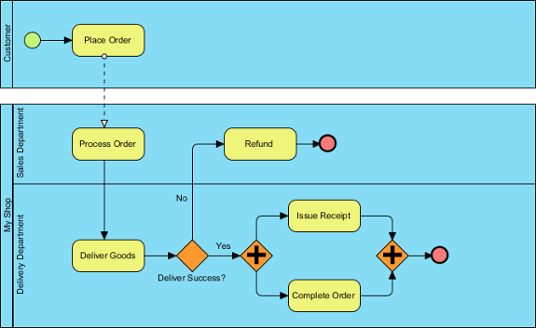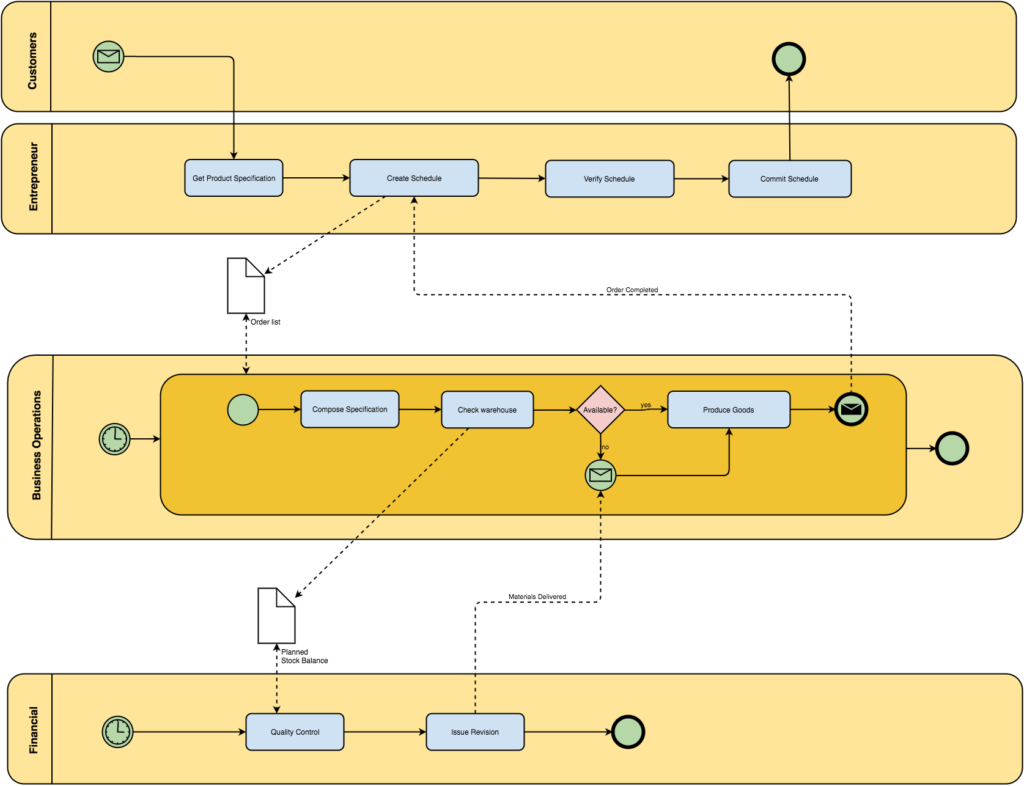You will need to ensure you are motivated to exit the business and that means understand the path for your exit strategy. In every sense you must learn from the exit from your business and the experience should motivate you to build a new enterprise which is more amazing and motivated that this. The five common Exit Strategies are:
Initial Public Offering
The stock market offers you the opportunity to increase the capital available to the business, the money invested and also the rewards available to you. The motivation for being independent will have to reduce as shareholders and accountability move into play.
Acquisition
When you have created a truly unique, thriving and attractive business, it will be becoming an appealing proposition for other businesses. When they offer you the large sum of money for your business, what motivates you to say ‘Yes’? What will you do everyday when you no longer have your business to run? The opportunities are then truly amazing and you can become a member of ‘Serial Entrepreneurs’ club.
Liquidation
Walking along any footpath can be uneasy and the same is true about business. The vast majority of entrepreneurs have a company liquidation in there bag, an experience they will never forget, an event which created some the best lessons they have ever learnt. No expects you to walk straight away, so why do you expect to be able to manage a business from day one without making mistakes. This should be expected, however it is in the learning about business, enterprise and yourself which you can create a truly amazing and vibrant business next time around.
Sell to another Entrepreneur
One of my favour saying is that “People buy from people who are like them”. This is the case from buying your newspaper to buying a company. Entrepreneurs look for opportunities and therefore within your network you will know people who want to buy and run your company better and pay you for the chance.
Shareholder
This option which many entrepreneurs follow is to become a shareholder which then provides revenue for the rest of their lives (e.g. Bill Gates). In some cases the shareholder provides revenue for many generations to come, such as the Guinness family. This exit requires you to create a good team around you who are motivated to continue to move the business forward.
So before you start out on your venture, think about your exit strategy and what you will need the business to look like for you to achieve your goal.





